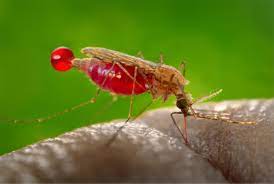
Coconut Surveillance
Zanzibar Malaria Elimination Program & RTI
Microplanning
Tanzania
When a new malaria diagnosis is made at a health clinic, a clinician enters basic information about the case using a simple Short Message Service (SMS) mobile phone messaging system. This creates a record in the system and triggers a follow-up response. A surveillance officer equipped with a tablet computer running Coconut Surveillance mobile software is then alerted of the new case. The software application guides the surveillance officer through a case follow-up and household-based active case detection protocol that aims to limit onward transmission and contain outbreaks. The surveillance officer visits the patient’s home, tests household members and neighbors for malaria, captures the GPS location, collects information on mosquito net ownership and use, and records the patient’s travel itinerary. Any new malaria cases found at or near the patient’s home are treated immediately. The software also has built-in epidemic threshold detection and issue tracking to ensure the appropriate individuals take programmatic action in a timely manner.
